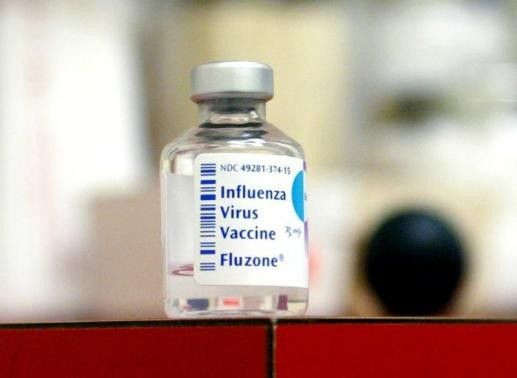Development Of Universal Flu Vaccine Is On The Horizon

With the new type of antibodies capable of counteracting different strains of influenza A viruses, universal flu vaccines may be developed. Based on a new research at McMaster University and the Icahn School of Medicine at Mount Sinai, New York, this vaccine is different from the current seasonal vaccines that are frequently reformulated because of high mutation rates of flu viruses. People just need to take a single annual shot of this new vaccine to protect themselves from all serotypes of flu viruses, including the strains that undergo constant mutation.
Matthew Miller, lead author of the study and assistant professor at McMaster's Department of Biochemistry and Biomedical Sciences at the Michael G. DeGroote School of Medicine, clarifies that this development in vaccine research could preclude wrongly matched vaccines or flu outbreaks which have been taking place in 2014. While being tested in a lab setting, the efficacy of the current vaccines having strain-specific antibodies seem stronger compared to the new universal vaccines having an isolated broadly-neutralising flu antibodies.
However, when the researchers isolated these antibodies from human blood under natural settings, their potencies were equally effective. In addition, the broadly-neutralising antibodies have an advantage as they are capable of neutralising several serotypes of the influenza virus. This also is the first time for broadly-neutralising antibodies to be observed in natural conditions, although there have been many studies on neutralizing antibodies in other researches.
Another significant finding is that a subtype of antibodies located in the upper respiratory system and the lungs have a natural resistance to flu. This could serve as an added basis for developing the universal flu shot and in choosing between inactivated vaccine and live- attenuated. Some examples of the inactive vaccine are used to treat polio, typhoid, cholera and influenza. It contains virus particles that are cultured under regulated conditions and then exterminated using a detergent. In an attenuated vaccine, the pathogen is kept alive, but its infectiousness is lessened. Here, the virus could still replicate, but it has lost its ability to cause lung infection. This allows the respiratory system to develop resistance from viral diseases.
The research team is hopeful that the universal influenza vaccine will be available five to seven years from now. This study was published in the January 2015 issue of the Journal of Virology.
To leave a feedback about the content, email: j.panganiban@ibtimes.com.au




















